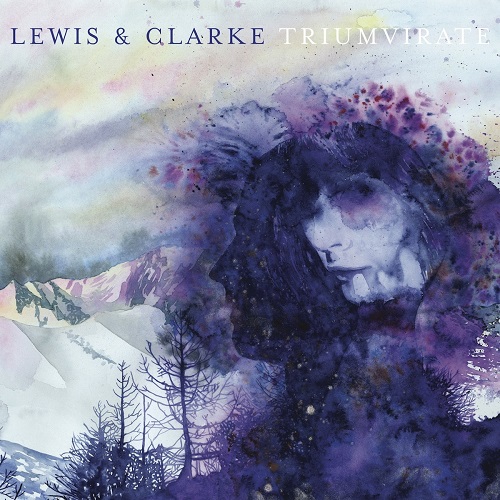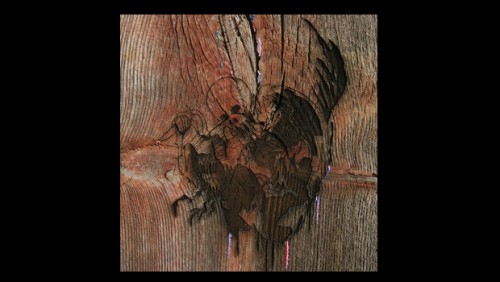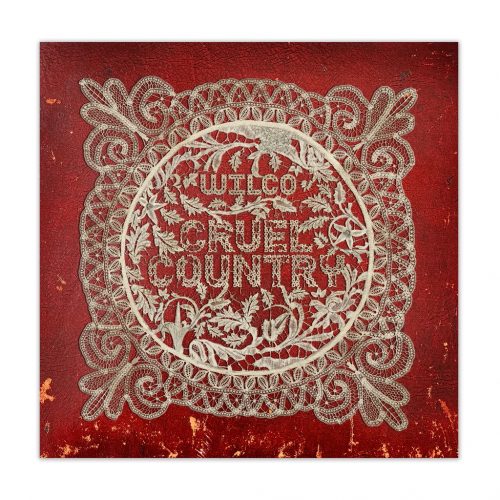Some music is not immediately digestible. It is not the type of music that is consumed, enjoyed, then forgotten. It takes more work to make this type of music, and it takes more work to listen.
Lewis & Clarke’s material, more now than ever, does not pay particular attention to demands or trends. It exists on its own terms and arrives at its own pace. Listeners have waited seven years since the band’s last full-length album, and when they press play on its latest, “Trumvirate,” they’ll wait another 10 minutes and 40 seconds for the opening track, “Eve’s Wing,” to finish.
While “Eve’s Wing” takes some time to percolate, it would be disingenuous to call it meandering. Each second of the song is calculated with precision for ultimate musical and emotional impact. Scenes are built and developed, then they evaporate. Above this, Lou Rogai sings with a renewed purpose. “It will sweep us away, when we let it decay/ It will sweep us away/ With our backs to the ocean.” And a bit later, “Friction keeps us on this pitch.”
“Black Cloud” is equally sumptuous and profound, but more melodically direct. Rogai sings of emotional paralysis: “Droplets of poison burn through to your pride/ The sun burns a halo in the darkening sky.” After the band shifts into an instrumental coda, evoking a crisp winter night, he intones, “It will paint the scenery blind,” and “It will be the mountain” and “It will be the view” and “It will touch the sky/ As it swallows you.”
Gently plucked acoustic guitar, strings and piano and various other keyboard instruments are the prime movers throughout the album, setting a deep bed on songs like the title track and the arresting “The Reach and the Grasp.” Even the instrumental “Pompeii’s Dream,” at less than two minutes, has an impact, building on the previously constructed scenes and adding color to the sonic and thematic landscape. “The Ride” takes the “life is a journey, not a destination” trope and makes it immediate and relevant. Album closer “Sojurn Sam” seals the album’s conceptual thrust – decay and giving in to and embracing changes in the seasons (and in life) – with Rogai declaring, “I hope you’re resting silent/ I trust you’re resting free/ I will keep it all covered/ Like you need it to be.” “I failed you again,” he sings to his friend, owning up to shortcomings but turning his face to the wind rather than avoiding it. “This is your song,” he sings, relinquishing control.
While nature metaphors and grand statements are not a new arrow in Lewis & Clarke’s quiver, on “Triumvirate,” Rogai is no longer searching for direction; he’s found it. He’s a weary but clear-eyed philosopher espousing profundities he’s earned the right to proclaim after his journey. He has plotted the path; all that’s left to do is follow his steps.
Rating: 75/81




Leave a Reply